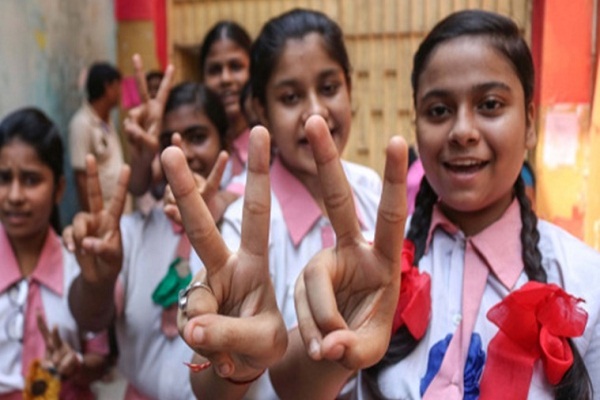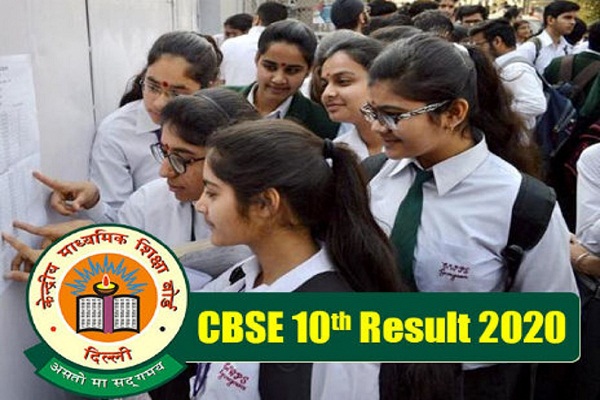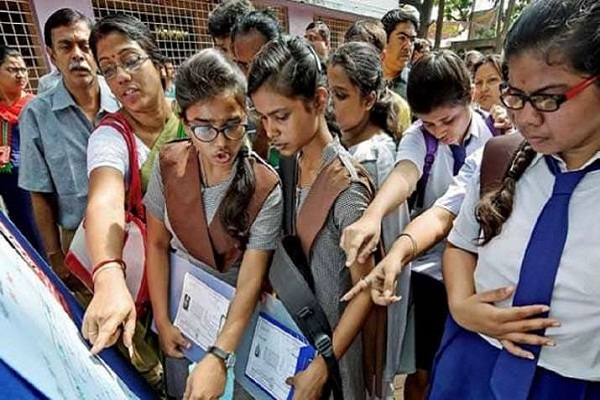In India, vocational education is being implemented under Human Resource Development, and Vocational Training is being implemented under the Ministry of Skill Development and Entrepreneurship to provide skilled manpower in different vocations. For driving any economy competent manpower is a prime success factor. India needs a large base of skilled and competent manpower to become a superpower and developed nation. With COVID-19 onset, thousands have lost their jobs, the industry requirements have changed a lot.
Elets Technomedia in association with Gujarat Skill Development Mission is organizing virtual “National Skill Summit, Gujarat” on July 15, 2020.
The summit will be chaired by Hon’bleChief Minister of Gujarat, Vijay Rupani. The CM will also launch PROJECT SANKLAP based on ‘for the industry, by the industry, in the industry’ concept.
Also read: President Pranab Mukherjee to inaugurate India’s First Smart Grid Project
Dilip Kumar Thakor, Hon’ble Minister, Labour, and Employment, Disaster Management, Devsthan, Pilgrimage Development, Gujarat will also address the summit.
Vipul Mittra, IAS, Additional Chief Secretary, Labour & Employment, Government of Gujarat will also address during the launch.
The first panel will be addressed by Navin Mittal, IAS, Commissioner, Technical & Collegiate Education, Govt of Telangana, Manish Kumar, Chief Executive Officer, National Skill Development Mission, Dr. K. P. Krishnan, Former Secretary, Ministry of Skill Development and Entrepreneurship, Government of India, Peter Cook, British Deputy High Commissioner, Dr. P. K. Shukla, Vice President (Special Projects), Pidilite, Dr Rodney Reviere, Head of Project, GIZ.
The last panel will be addressed by Shrikant Sinha, Chief Executive Officer, Telangana Academy of Skills and Knowledge, Government of Telangana and Supreet Gulati, IAS, Director, Employment & Training, MD, Gujarat Skill Development Mission.
The summit envisions to address the challenges of unemployment and generating ideas to ensure gainful and sustainable employment to the youth.





























